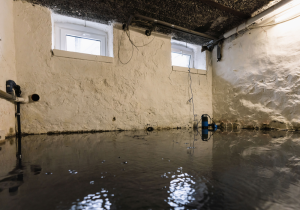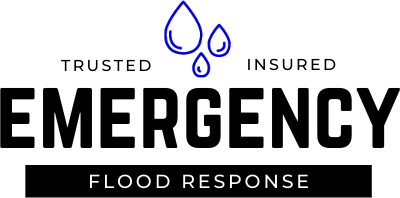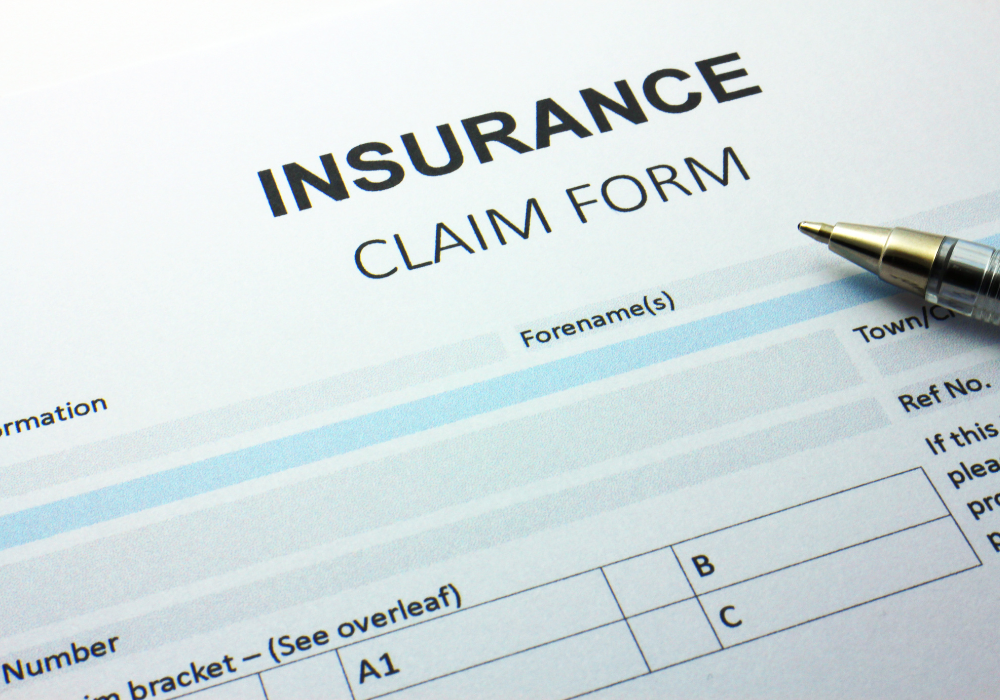Experiencing flood or fire damage to your property can be overwhelming, but understanding how to navigate insurance claims can ease some of the stress during the recovery process. At Emergency Flood Response, we specialize in assisting homeowners with flood and fire damage restoration, including guiding them through the insurance claims process. In this blog, we’ll provide valuable insights and tips to help homeowners effectively navigate insurance claims after experiencing flood or fire damage.
Understanding Your Flood Insurance Policy
The first step in navigating insurance claims after flood or fire damage is to thoroughly review your insurance policy. It’s essential to understand the coverage limits, exclusions, deductibles, and specific requirements outlined in your policy documents. Knowing what your policy covers and what it doesn’t will help you prepare a more informed claim and avoid potential disputes with your insurance company.
Documenting the Water Damage

After a flood or fire, it’s crucial to document the extent of the damage to your property thoroughly. Take detailed photographs and videos of the affected areas, including structural damage, water or fire damage, and any personal belongings that have been destroyed or damaged. Keep detailed records of all communication with your insurance company, including phone calls, emails, and written correspondence.
Contacting Your Insurance Company
Once you’ve documented the damage, contact your insurance company promptly to report the incident and initiate the claims process. Provide them with a detailed description of the damage, including the date and cause of the incident, and provide any relevant documentation, such as photographs, videos, and receipts for damaged items. Be prepared to answer questions and provide additional information as requested by your insurance adjuster.
Mitigating Further Damage
In the event of flood or fire damage, it’s essential to take immediate steps to mitigate further damage to your property. This may include drying out water-damaged areas, boarding up windows and doors, and securing the property to prevent vandalism or theft. Keep records of any expenses incurred for emergency repairs or temporary housing, as these may be reimbursable under your insurance policy.
Working with Your Insurance Adjuster
Your insurance company will assign an adjuster to assess the damage to your property and determine the amount of compensation you are entitled to under your policy. Be cooperative and provide the adjuster with access to your property to conduct their inspection. Accompany the adjuster during their assessment and point out any areas of concern or additional damage that may not be immediately apparent.
Obtaining Estimates for Repairs

Once the damage has been assessed, obtain estimates from reputable contractors for repairing the damage to your property. It’s essential to obtain multiple estimates to ensure you are getting a fair and accurate assessment of the repair costs. Provide these estimates to your insurance adjuster for review and approval before proceeding with any repairs.
Reviewing Your Settlement Offer
After reviewing your claim, your insurance company will provide you with a settlement offer outlining the amount of compensation they are willing to pay for the damage to your property. Carefully review the settlement offer and compare it to your policy coverage and the estimates you’ve obtained for repairs. If you believe the offer is insufficient, you have the right to appeal the decision and provide additional evidence to support your claim.
Navigating insurance claims after flood or fire damage requires patience, diligence, and a thorough understanding of your insurance policy. By following these tips from Emergency Flood Response, homeowners can effectively navigate the claims process and maximize their chances of receiving fair compensation for their losses. Remember to document the damage, communicate clearly with your insurance company, and seek assistance from professionals if needed. With the right approach, you can successfully recover from flood or fire damage and restore your property to its pre-loss condition.

